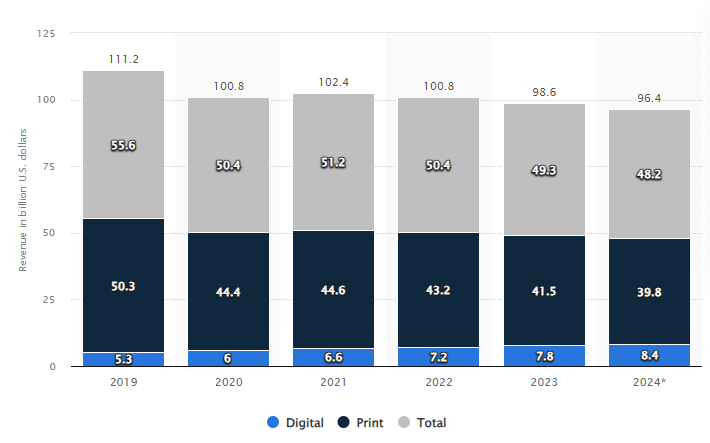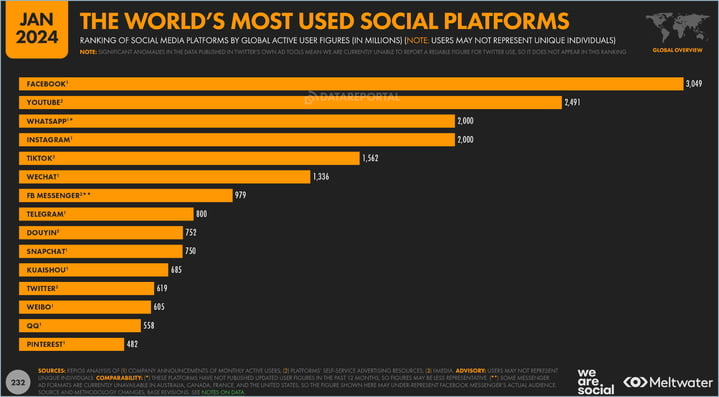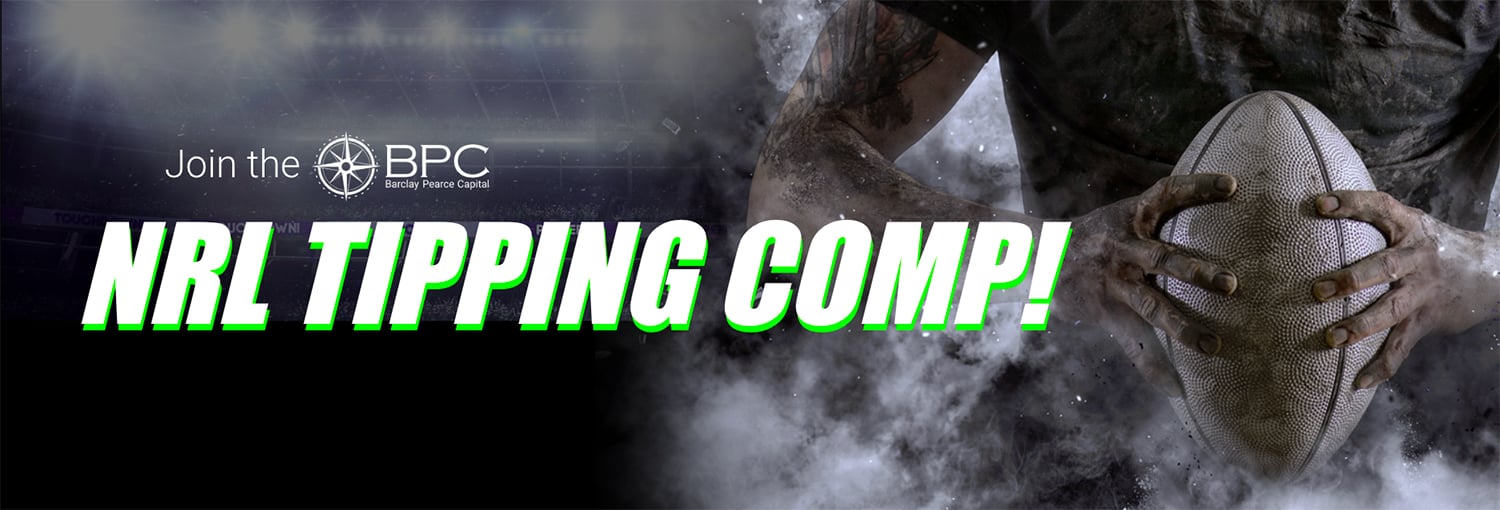Jack Colreavy
- Mar 5, 2024
- 5 min read
ABSI - Assessing the Impact: Meta's Stance on News Deals in Australia
Every Tuesday afternoon we publish a collection of topics and give our expert opinion about the Equity Markets.

Australian news outlets are outraged and flooding their readership with that sentiment on the news that Meta (owner of Facebook) will not renew its news deals with local media companies putting it on a collision course with the Australian government and its News Media Bargaining Code (NMBC). This week for ABSI I set out to learn more about this world-first legislation to decide if it’s a fierce dragon or a toothless tiger.
In Feb 2021, Australia became the first country in the world to create legislation to attempt to balance the bargaining power between Australian news media organisations and major digital platforms, most notably Google and Facebook. The debate got heated while the laws were being drafted with Google, at one point, issuing a very empty threat to withdraw completely from the Australian market. However, as the laws passed the internet giants came to the table and executed several private deals with various Australian media companies with an estimated annual value of A$250m over 3 years.
The federal government claimed victory for the bargaining code, however, the outcome emboldened other global governments looking to pry money away from these digital platform monopolies and into the hands of local media companies. In 2023, Canada enacted The Online News Act requiring digital platforms to pay news media outlets to host links to their articles. Importantly, this piece of legislation differs from Australia in that it doesn’t provide an option for the platforms to make deals outside the legislation. Platforms are required to pay per link to a news article without negotiation. The result has been Meta blocking all news links on their platforms in Canada while Alphabet continued to engage with the government and reportedly reached a ~C$100m deal for Canadian news companies.
Newspaper Circulation Revenue Worldwide

Source: Statista
Turning back to Australia with agreements coming up for renewal in 2024, Meta has decided to walk away from the negotiation table, on deals worth ~A$70m to publishers, and close its Facebook “news section” which may trigger the NMBC for the first time. The code has yet to be tested but gives the Treasurer the power to force Meta to the negotiation table. We will have to wait and see if the law bites as bad as it barks.
To be honest, I have found the difficulty with this whole saga is the ability to find a balanced discussion on the matter. This is due to the conflict of interest with major media organisations. If you read any major news masthead over the past week you would think that Meta is the most evil company in the universe. That’s because the owners of these publishers are set to lose millions in revenue if Meta gets its way.
The moral argument is compelling but should these digital platforms be forced to compensate publishers for hosting their content?
In short, no.
It’s inarguable that platforms such as Facebook and Google don’t possess enormous market power but that doesn’t mean they should be forced to pay for content they host. They provide a channel of distribution for publishers to amplify their content but unfortunately in this modern environment, where the traditional news media business model is dying, they are being blamed with the demise and compelled to provide compensation. Nobody is forcing news media to upload their content to Facebook, and Facebook should take steps to remove pirated media on its platform, but if Meta chooses to not compensate publishers then it is on the publishers to decide how to use the Facebook platform to promote their business. The same goes for Google and every other digital platform.

Source: Smart Insights
Personally, while I don’t have a Facebook profile, I imagine the product would not be as compelling if all news sources refused to upload their content. Take YouTube as an example, that is a media platform that relies on users to generate content. In order to stimulate new content, YouTube shares the ad revenue with its publishers. If YouTube didn’t share its ad revenue with content creators I would imagine the content quality and quantum would be materially lower opening the door to competitors to take market share.
Google understands the need to compensate publishers which is why they have indicated that they will continue to negotiate with publishers on compensation and may sign a new deal in Australia as they did in Canada. While Meta’s hardline stance isn’t ethically sound, they should be free to make that business decision and let the market decide the consequences.
A quick detour to announce the BPC NRL Tipping Competition!
Welcome to the BPC NRL Tipping Competition for 2024. The season is set to kick off with a bang in the glittery lights of Las Vegas. Panthers are favorites to take the crown again but the Broncos look like a formidable opponent to take revenge from the heartbreak of 2023. BPC loves its footy and we're very excited for the season ahead. We also love to win stuff so please keep an eye out for the prizes on offer when announced. Until then, sign up and get tipping for Round 1.
We offer value-rich content to our BPC community of subscribers. If you're interested in the stock market, you will enjoy our exclusive mailing lists focused on all aspects of the market.
To receive our exclusive E-Newsletter, subscribe to 'As Barclay Sees It' now.
Share Link







